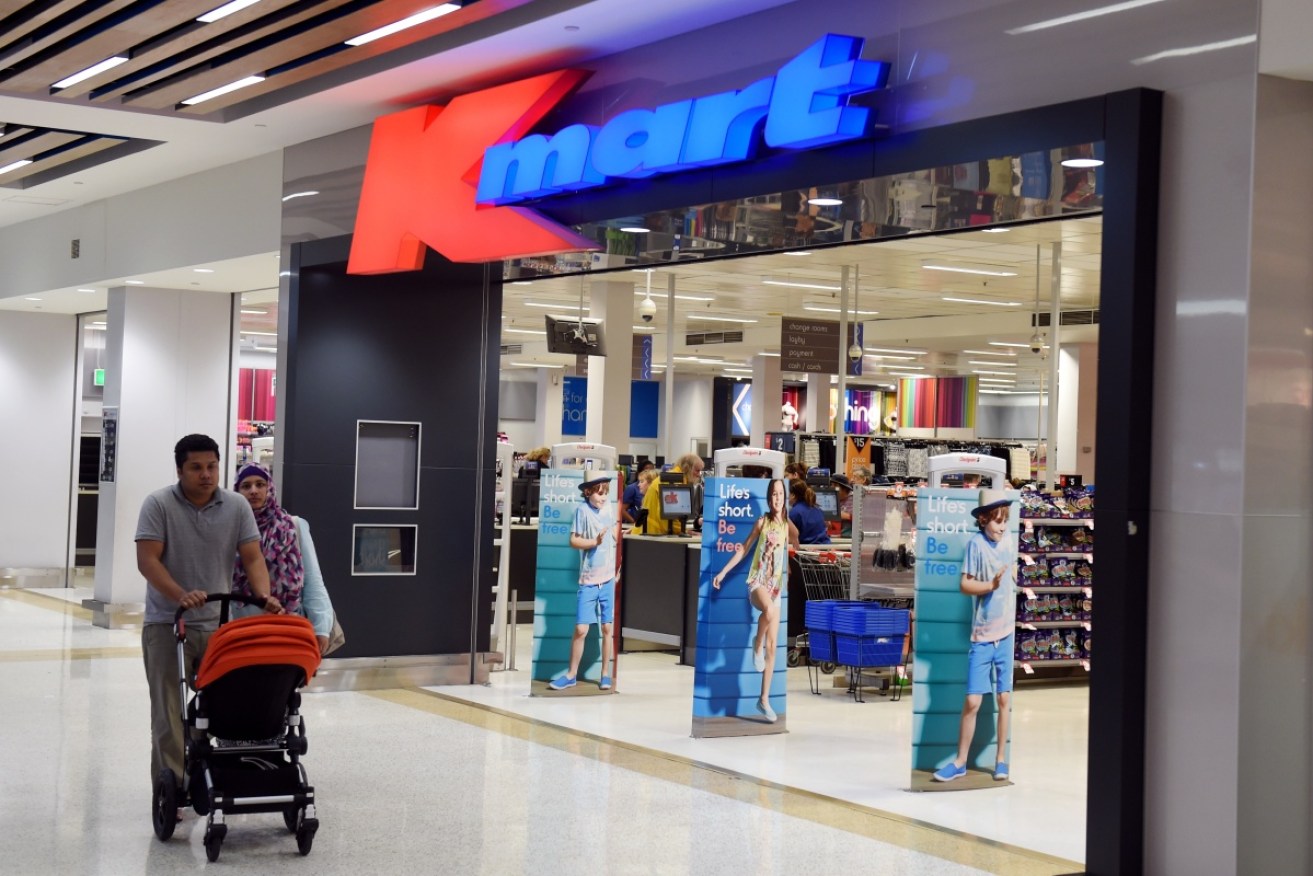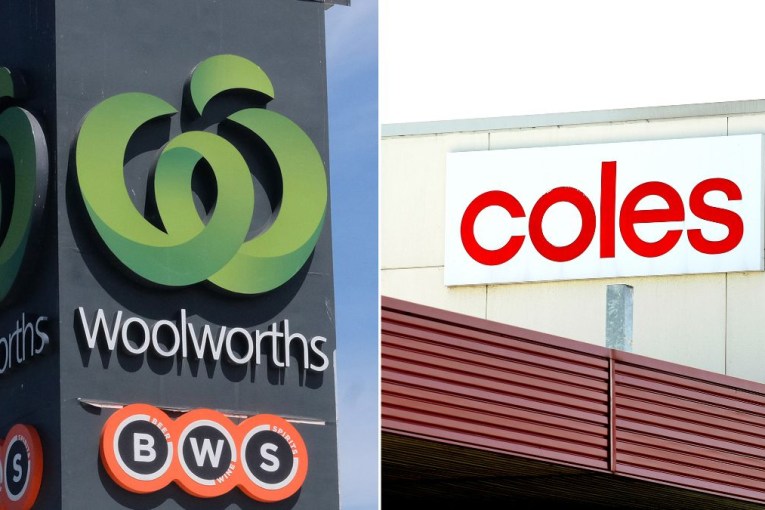Retailers face probe over use of facial recognition technology


Kmart displays signs warning of its use of facial recognition technology at store entrances. Photo: AAP
Major retailers have defended their burgeoning use of facial recognition technology to record shoppers in-store.
Consumer group Choice sounded the alarm on the technology, after it found more than three-quarters of Australians were unaware that retailers such as Kmart, Bunnings and The Good Guys were using it.
Facial recognition analyses images from video cameras to capture each person’s unique facial features, known as a faceprint.
Choice said it had asked 25 major retailers about their use of the tech, finding that Kmart, Bunnings and The Good Guys were the only three to capture shoppers’ biometric data.
Consumer data advocate Kate Bower said use of such technology was “completely inappropriate and unnecessary”.
“To make matters worse, we found 76 per cent of Australians aren’t aware that retailers are capturing their unique facial features in this way,” she said.

Kmart has signs alerting customers to its use of the tech. Photo: Choice
Choice’s research was based on questions to more than 1000 Australian households.
Some survey respondents told Choice they felt the technology was “creepy and invasive”. Others considered it “unnecessary and dangerous”, and said they wouldn’t want to enter a store that was using it.
“Using facial recognition technology in this way is similar to Kmart, Bunnings or The Good Guys collecting your fingerprints or DNA every time you shop,” Ms Bower said.
“Businesses using invasive technologies to capture their customers’ sensitive biometric information is unethical and is a sure way to erode consumer trust.”
But Bunnings’ chief operating officer Simon McDowell said the hardware giant “respectfully disagrees with CHOICE”, and the technology was only one of several measures used to keep staff and customers safe.
“Our use is solely for the purpose of preventing threatening situations and theft, which is consistent with the Privacy Act,” he told the Nine Network on Wednesday.
“At selected stores, our CCTV systems utilise facial recognition technology, which is used to help prevent theft and support the safety of our team and customers.
“In recent years, we’ve seen an increase in the number of challenging interactions our team have had to handle in our stores and this technology is an important tool in helping us to prevent repeat abuse of team and customers.”
A Kmart spokesperson told News Corp it was trialling facial recognition in a handful of stores “for the limited purposes of loss prevention (such as reducing refund fraud) and safety”.
“We are committed to keeping personal information private and protected in compliance with privacy law,” the spokesperson said.
“We make our customers aware of facial recognition through our conditions of entry signage in participating stores and in our Kmart privacy policy.”
The retailers outline their use of the tech in privacy policies on their websites. Kmart and Bunnings also have small signs at store entrances.
“This store has 24-hour CCTV coverage, which includes facial recognition technology,” Kmart’s sign says.
But Ms Bower said privacy policies were often difficult to find online and “because we’re talking about in-person retail shops, it’s likely that no one is reading a privacy policy before they go into a store”.
University of Technology Sydney professor Edward Santow, a former Australian Human Rights Commissioner, said facial recognition technology raised serious questions about privacy.
“Even if that technology was perfectly accurate, and it’s not, but even if it were, it also takes us into the realm of mass surveillance,” he told Nine.
“I think there will be great concern in the Australian community about walking down that path.”
Choice also argues the retailers are not doing enough to alert customers to their use of the technology.
“Discreet signage and online privacy policies are not nearly enough to adequately inform shoppers that this controversial technology is in use,” Ms Bower said.
Choice will refer the retailers to the Office of the Australian Information Commissioner to investigate potential breaches of the Privacy Act. It also wants the federal government to implement a regulatory framework that protects consumers from harmful and unfair practices.








